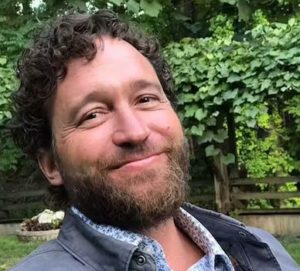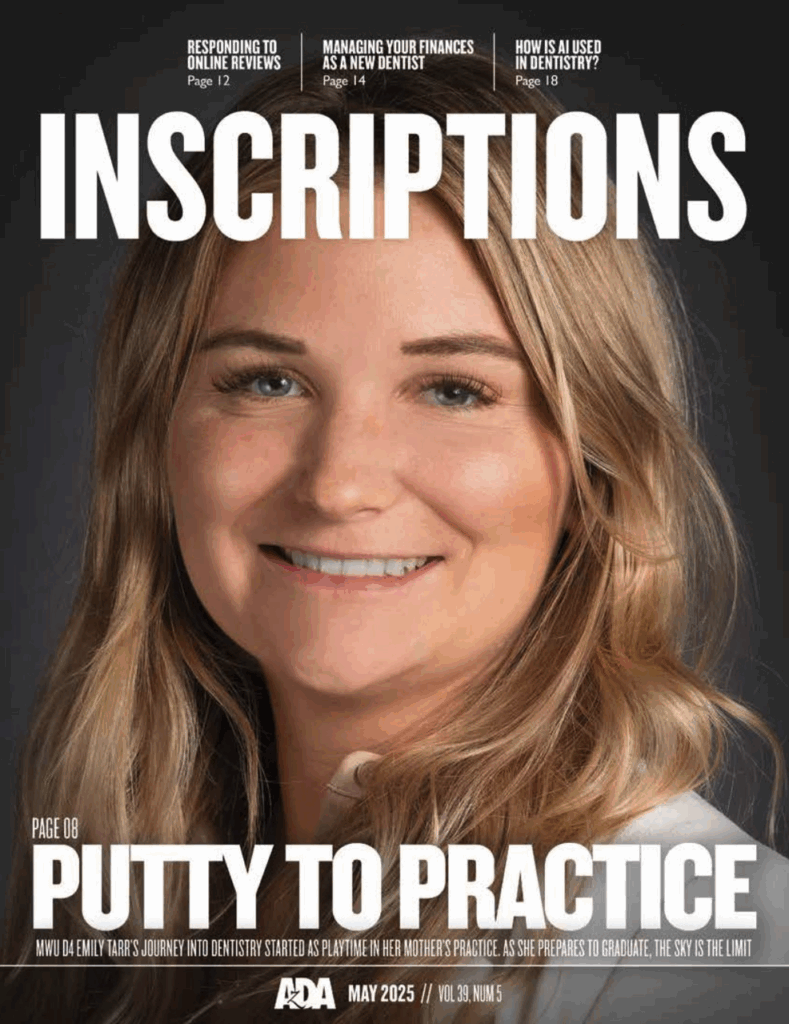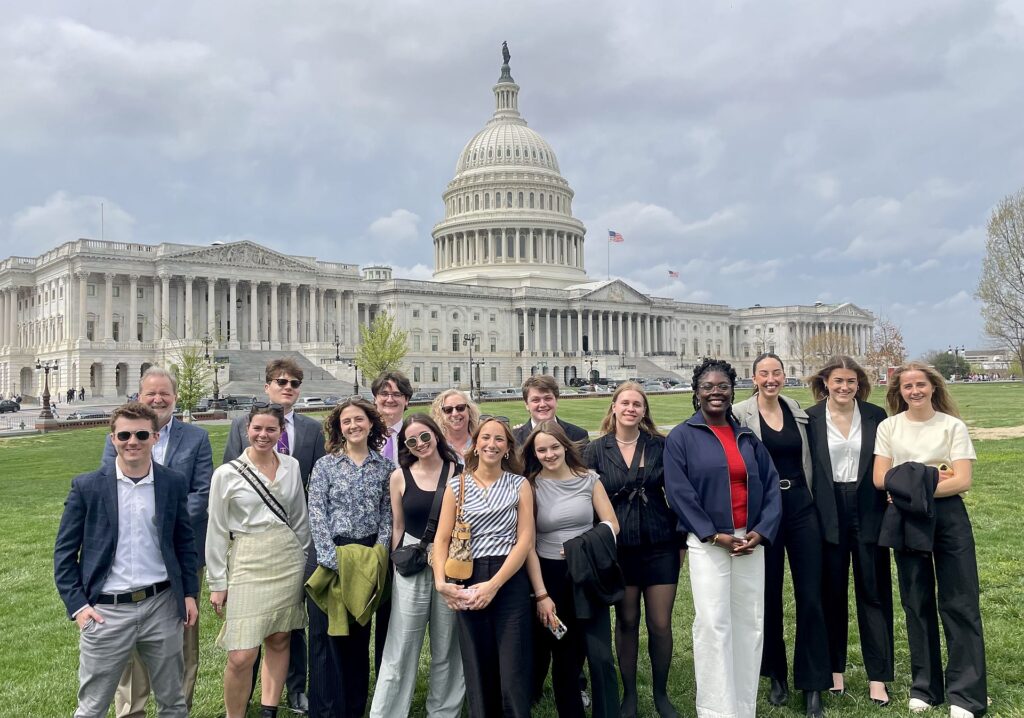Neurodegenerative diseases, clean energy from fusion, cannabis impairment on tap for seminar series
Faculty members and students at Saint Michael’s College will present their groundbreaking research throughout the fall semester on topics that address some of the biggest challenges facing our world today.
The series, called “Saint Michael’s College presents: Solutions for Social Impact,” will include three seminar-style presentations by faculty who teach and research in scientific fields. Students who worked on the research projects will also be involved in several of the talks. Anyone interested in the topics can attend the seminars – no advanced scientific understanding is required.

All three events will take place in the McCarthy Arts Center Recital Hall on campus, and they will be livestreamed (more information at smcvt.edu/smcpresents). They are all free and open to the public.
Saint Michael’s College has long focused on how students, faculty, and staff can make an impact on the larger community and improve the lives of others, and these ideals remain at the core of the College’s mission. The research being presented during this series aligns with this larger mission to “do well and do good.”
About the events:
October 6 at 5:30 p.m.
Shedding Light on Neurodegenerative Diseases for non-scientists: Underlying causes, prevention and the latest research findings

Ruth Fabian-Fine
Presenters: Neuroscience Professors Ruth Fabian-Fine, PhD, and Adam Weaver, PhD, and student researchers
Neurodegenerative diseases such as Parkinson’s Disease, Dementia, ALS and Alzheimer’s Disease are irreversible neurodegenerative conditions that affect millions of people globally, and currently, no cures are available. Despite decades of research and millions of dollars spent trying to find cures, much remains unknown about their underlying causes.

Adam Weaver
Professors Ruth Fabian-Fine and Adam Weaver will discuss current knowledge of these diseases, including:
- What is known about early and progressive signs of neurodegeneration.
- The latest theories on its causes and prevention.
- The evidence they have developed regarding what likely contributes to memory loss and irreversible brain degeneration.
Fabian-Fine and Weaver will also present a brand-new theory they have developed through their two years of research formulating a hypothesis as to why neurodegeneration occurs. Their research is supported by the Vermont Biomedical Research Network.
October 20 at 5:30 p.m.
Creating a Star on Earth: The role of nuclear fusion in a carbon emission-free future

Alain Brizard
Presenters: Physics Professor Alain Brizard, PhD, and student researchers
Nuclear fusion offers unlimited energy with zero carbon emission, promising significant benefits in a world where climate change pushes us toward an uncertain future. Nuclear fusion energy powers all stars, including the sun. But, creating this type of nuclear energy on Earth comes at a very high technological cost – building a nuclear fusion reactor means creating a star on Earth under conditions seen nowhere in the universe.
Professor Alain Brizard has been one of the world’s leading theorists in fusion plasma research for almost four decades. He will discuss work done over the last 60 years toward building a nuclear fusion reactor, the promising outlook for harnessing nuclear fusion power over the next 30 years, and his own recent research done with the help of Saint Michael’s College students.
November 3 at 5:30 p.m.
Weed and the Wheel: How recreational drugs affect behavior and motor skills
Presenter: Psychology Professor Ari Kirshenbaum, PhD
As more states legalize retail cannabis – including Vermont – many still question the overall public safety aspects of legal pot. Technology for determining whether a person is driving while under the influence of marijuana is still catching up with legalization efforts. In the meantime, experts like Psychology Professor Ari Kirshenbaum have been researching the acute psychological effects of cannabis, including how the drug might impair a person while driving. He will discuss this research and how it can inform the public about the dangers of using weed while driving.

Ari Kirshenbaum
Kirshenbaum received a National Science Foundation grant in 2020 to build a device that can assess cannabis intoxication and impairment. He created a mobile app called “Indicator” that cannabis consumers can use to determine how cannabis impairs their functioning. He has also worked with law enforcement and public safety officials in Vermont to educate them on impaired driving. He is currently involved in training police officers who serve as Drug Recognition Experts to detect marijuana impairment, and he also works with state prosecutors.
Information for media members:
Faculty members can be available by request to discuss their research before their presentations. Please contact Associate Director of Public Relations Liz Murray (emurray@smcvt.edu) to be connected with faculty.

For all press inquiries contact Elizabeth Murray, Associate Director of Communications at Saint Michael's College.






